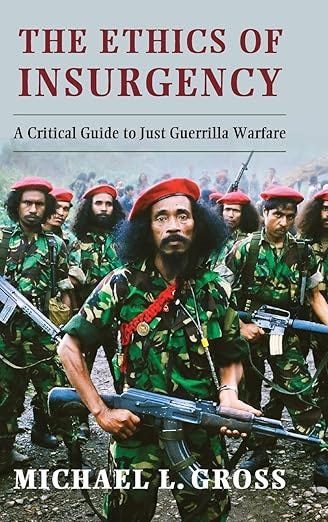There is something chillingly medieval about the twenty-first century. A drone lifts off the ground in Nevada and by the time it lands, somewhere in its flightpath a father is gone, a convoy turned to flame, a city square emptied of breath. The target, they say, was a “high-value” individual; a military commander, political leader, resistance strategist. The semantics shift depending on who is telling the story and who is meant to listen. What does not change is the smell of scorched metal and the inconvenient international law that calls it what it is: an assassination.
In the grand theater of modern war, assassination is presented not as crime, but as choreography: precision, surgical, clean. But that is the pornography of empire, the illusion that violence, if digitized and disciplined, can transcend morality. Assassinating political and military leaders outside of an open battlefield, without trial, without process, remains illegal under international law. It is not a tactic. It is not strategy. It is murder draped in policy.
Israeli scholar Michael L. Gross[i], in The Ethics of Insurgency, writes that “assassination, even in war, has long been treated as a criminal act when conducted beyond the rules of armed conflict.” He reminds us that even in the fog of war, there are boundaries. To cross them is not simply to act immorally; it is to rip the veil off the lies we tell ourselves about being civilized.
The 1976 U.S. Executive Order banning political assassinations was not a piece of paper in a vacuum. It was the echo of a global consensus built after two world wars and the Nuremberg trials: that even the most powerful nations cannot legalize murder by simply calling it necessary. Article 6 of the International Covenant on Civil and Political Rights makes it clear: no one shall be arbitrarily deprived of life. And what, if not arbitrary, is the killing of a man via algorithm, on suspicion, without defense?
We do not need to romanticize generals or presidents to argue this. We need only believe that human life is not reducible to data. We need only accept that legal and moral frameworks exist not to protect the powerful from scrutiny but to protect the weak from annihilation. Because assassination is not just about who dies. It is about what dies with them: diplomacy, negotiation, law, restraint.
What does it mean, after all, when a state decides it can kill its political adversaries abroad, across borders, with impunity? It means the world is a battlefield, and no one is neutral. It means embassies become hunting lodges, and civilians are collateral to imperial convenience. It means we return, not to the jungle, but to a world more frightening: one where power does not even pretend to clothe itself in justice.
We saw it in the American assassination of Iranian General Qassem Soleimani in 2020, outside Baghdad’s airport. No declaration of war. No international mandate. Just an execution carried out by drone and followed by legal gymnastics to justify the unjustifiable. The same state that lectures the world on rules-based order tore up the very norms it claims to defend.
Gross warns us that targeted killings “destabilize the ethics of war and the laws that regulate armed conflict.” They offer shortcuts to victory, but they sacrifice the soul of law. When leaders become targets instead of adversaries, war loses its last remaining mask of proportionality. It is not war anymore: it is vengeance at 30,000 feet.
And there is something else, more dangerous still: the normalization of assassination makes it reciprocal. If one state claims the right to kill its enemies abroad, it cannot deny that right to others. What stops a rival from drawing a bead on a Western general, or a finance minister, or a tech baron whose software fuels destruction? The precedent laid by a drone strike in Gaza, Tehran, or Damascus flies back like a boomerang toward Washington, Tel Aviv, or Brussels.
The world is not a playground of saints and sinners. It is a complex, tragic mess of histories, occupations, resistances, and lies. But it must still operate under law. Not because law is pure, but because it is our last, fragile defense against barbarism cloaked in modernity.
Assassination is the rejection of dialogue. It is the silencing of politics through fire. It is, in the end, the refusal to recognize even the possibility of peace. And that refusal is how totalitarianism begins: not with mass movements, but with the erasure of dissenters.
Let us not be fooled by the euphemisms. “Decapitation strikes.” “Leadership targeting.” “Neutralization.” They are all synonyms for the same idea: that some deaths matter less, and some hands are clean even when soaked in blood.
No law, no ethics, no civilization can survive that.
[i] Full disclosure: I studied International Law and Ethics with Gross at the University of Haifa.





Good going, "Lefty"!